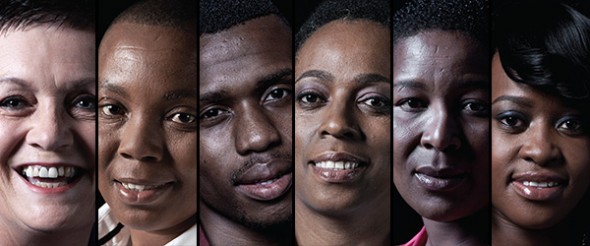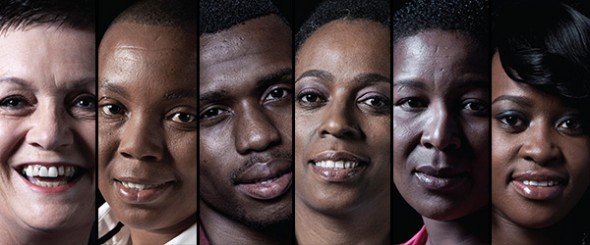
Powerful Videos of South Africans on the Stigma of Living with HIV
The results of the South African Stigma Survey are set to be revealed at the 7th SA AIDS Conference which kicks off today in Durban. The Stigma survey, the largest in the world, was conducted amongst 10,700 HIV-positive people who are older than 15 in 18 districts across South Africa. The Survey was launched with the […]

The results of the South African Stigma Survey are set to be revealed at the 7th SA AIDS Conference which kicks off today in Durban.

The Stigma survey, the largest in the world, was conducted amongst 10,700 HIV-positive people who are older than 15 in 18 districts across South Africa.
The Survey was launched with the purpose of measuring self-reported stigma and discrimination experienced by those living with HIV.
This week the results will be presented, along with practical and innovative actions and programmes for the government to apply in order to ensure the rights of people living with HIV, and to help combat the stigma and discrimination that often exists against them.
Deputy President Cyril Ramaphosa, who is also Chairperson of the South African National AIDS Council (SANAC), will deliver a keynote address during the opening session this afternoon at the Inkosi Albert Luthuli International Convention Centre.
For World Aids Day six months ago SANAC released a series of powerful videos in which all kinds of South Africans shared their experiences of finding out they were HIV-positive, and spoke about how being open about their status helped them fight the stigma of the virus and find real support from true friends and family.
Watch Videos – South Africans Talk about Being HIV Positive
Cindy Pivacic, 56
Ten years ago, Cindy Pivacic’s partner infected her while he was aware of his HIV status.
“It took me six years to actually go public about my status. Rejection, that I think is probably the greatest fear that you are going to be rejected. However, after the six years I decided, well, you know what, if people don’t want to be around me, I don’t need them.”
Koketso Mokhetoa, 23
Koketso Mokhetoa was born HIV-positive and doctors told her she would not make it past 13 years of age, and would not have any children. Today she is 23 and a mother to a healthy HIV-negative baby.
“I met a guy by the name of Tyrone and I told him about being HIV-positive. He didn’t really take it well, honestly speaking he didn’t. So we both did a couple’s test, and he still couldn’t believe it, but then the support groups helped him a lot…helped us a lot.”
Mmabatho Ranake, 27
Mmabatho Ranake is engaged to an HIV-negative man and lives openly with HIV.
“A lot of people are living with HIV and they experience stigma because they stigmatise themselves. When you wake up in the morning and you walk in the street whatever that you want people to see it’s what you have to feel.”
Mongezi Sosibo, 23
Mongezi Sosibo is a student, and loves writing fiction. When he discovered his status he accused one of his girlfriends of infecting him – but she turned out to be HIV-negative.
“I stigmatised people living with HIV, until I became HIV positive.”
Nomasomi Limako, 40
Nomasomi Limako is disabled and contracted the virus from an HIV-positive man who believed he would be cured if he slept with a disabled person.
“I saw myself as a failure, having HIV, having to raise my children by myself. My head filled up with these thoughts and I ended up overdosing.”
Phindile Madonsela, 43
Phindile Madonsela is an HIV-positive sangoma. She disclosed to her daughter when the girl was seven, and again explained her status when her daughter was 14.
“My mother experienced stigma in the community after she disclosed, but she is strong.”
Simphiwe Dlamini, 31
Simphiwe Dlamini was infected with HIV when she was in Grade 12. She disclosed to her father who was, and still is, extremely supportive.
“I didn’t expect the reaction I got from him. Without him I don’t think I would still be here. I’m strong just like him.”
Yvette Raphael, 39
Yvette Raphael disclosed her status for the first time in front of 80 people at her workplace.
“I experienced stigma when somebody very close to me, that I loved, did not want to share a glass with me. My mom never discriminated against me. My sister never discriminated against me.”
All videos courtesy of the South African National Aids Council.
The 7th SA AIDS Conference runs until Friday 12 June 2015.
